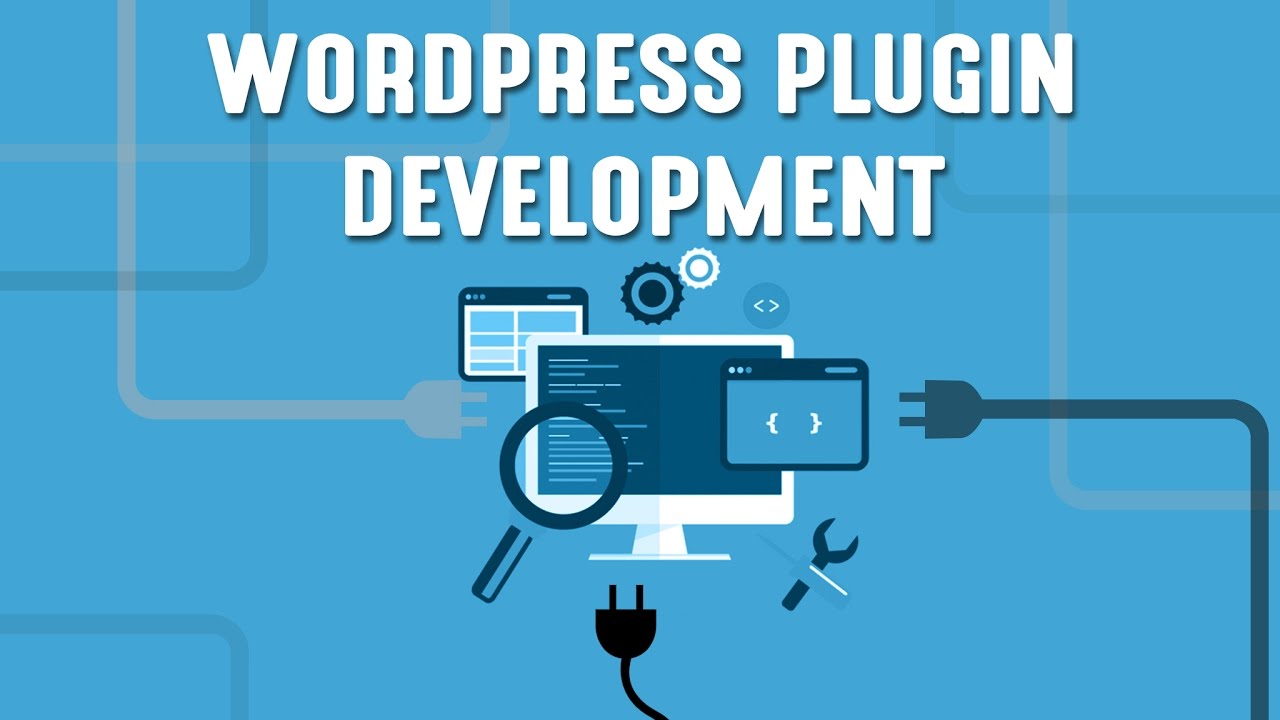
WordPress plugins work by using hooks, which are special areas where one piece of code interacts with another. WordPress has two different types of hooks – actions and filters. The actions hook allows a developer to add or change functionality of a plugin. When an action is triggered, the function attached to the hook is executed. If you have no experience with plugin development, you should consult a tutorial first. A good guide to WordPress plugin development is the WordPress Plugin Handbook.
WordPress plugins are highly modular and can be added to any theme. Unlike themes, plugins do not touch the WordPress core, which can result in the mixing up of theme code. The plugin’s code also acts as a container for all the elements of the theme’s code. It can also take advantage of the actions available to it through the WordPress framework. The action hooks allow web developers to add their own functions to the list of actions. In addition, they can also remove any pre-existing functionality by adding a script to the wp-head() action hook.
In addition to creating a great plugin, you can also create a valuable resource for your website by adding useful features. WordPress provides a wealth of useful features, so you can build them yourself with a few clicks. You can use the WordPress plugin development directory to create a repository for your new project. It is a great way to create content for your site and make money from it. And once you’ve created your plugin, you can then make a free plugin and distribute it in the WordPress community.